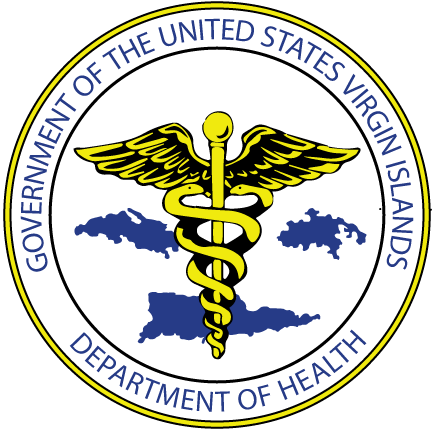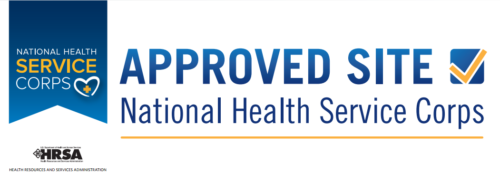The Department of Health recognizes Thursday, June 8th, 2017, as Caribbean/American HIV/AIDS Awareness Day! This is an opportunity for us to educate ourselves and our community about HIV/AIDS, and learn how each person can play a role in the prevention of HIV.
Since the disease was first discovered in the early 1980’s significant strides have been made to curb the spread of HIV, but the impacts of these efforts are not felt equally around the world especially in the Caribbean community.
The Caribbean region has the second highest prevalence HIV rate in the world after sub-Saharan Africa; there are approximately 250,000 people living with HIV in the Caribbean region. Here in the US Virgin Islands, a total of 1,114 persons have been diagnosed with HIV since 1983 and as of December 2015, there are 632 persons living with HIV/AIDS. This is an alarming number given the territory’s small population size of approximately 106,577 persons. Therefore, education and the implementation of prevention methods such as the use of contraceptives and regular HIV/AIDs testing are essential.
UNITED STATES VIRGIN ISLANDS
DEPARTMENT OF HEALTH
_________________________________________________________
FOR IMMEDIATE RELEASE
June 7, 2017
DOH Recognizes Caribbean American HIV/AIDS Awareness Day
The Department of Health recognizes Thursday, June 8th, 2017, as Caribbean/American HIV/AIDS Awareness Day! This is an opportunity for us to educate ourselves and our community about HIV/AIDS, and learn how each person can play a role in the prevention of HIV.
Since the disease was first discovered in the early 1980’s significant strides have been made to curb the spread of HIV, but the impacts of these efforts are not felt equally around the world especially in the Caribbean community.
The Caribbean region has the second highest prevalence HIV rate in the world after sub-Saharan Africa; there are approximately 250,000 people living with HIV in the Caribbean region. Here in the US Virgin Islands, a total of 1,114 persons have been diagnosed with HIV since 1983 and as of December 2015, there are 632 persons living with HIV/AIDS. This is an alarming number given the territory’s small population size of approximately 106,577 persons. Therefore, education and the implementation of prevention methods such as the use of contraceptives and regular HIV/AIDs testing are essential.
What is HIV/AIDS? – HIV stands for Human Immunodeficiency Virus, which is the virus that causes HIV infection. AIDS stands for Acquired Immunodeficiency Syndrome. AIDS is the most advanced stage of HIV infection.
How is it spread? – HIV is spread through contact with certain body fluids from a person infected with HIV. These body fluids include:
- Blood
- Vaginal fluids
- Breast milk
- Semen
- Pre-seminal fluid
- Rectal fluids
You cannot get HIV from:
- Sharing the same utensils (plates, fork, cups, etc.)
- Shaking hands or hugging
- Using the same toilet
Getting tested for HIV is the only sure way of knowing your HIV status. The Virgin Islands Department of Health offers free confidential HIV testing to the public and results can be known in as little as ten minutes. Treatment and care are available for HIV that allows an HIV positive person to live a long and healthy life. In observance of Caribbean/American HIV/AIDS Awareness Day, you are encouraged to know the facts and educate yourself and others about HV/AIDS.
Here are some ways you can help:
- Talk with your health care provider about your risks for HIV.
- Get tested for HIV.
- Talk with family, friends, and colleagues, about HIV prevention, about why this day matters to you and about HIV’s impact on your community.
- Provide support to people living with HIV/AIDS.
- Volunteer at a local service organization.
- Ask local and elected leaders to increase their response to addressing the epidemic.
To learn more about HIV/AIDS or to get tested Visit or call the USVI Department of Health local offices:
St. Croix – Charles Harwood Complex, 3500 Estate Richmond (340) 718-1311 ext. 3661
St. Thomas/St. John – John S. Morehead Complex – Old Municipal Hospital (340) 740 -9000 ext.4661
###

